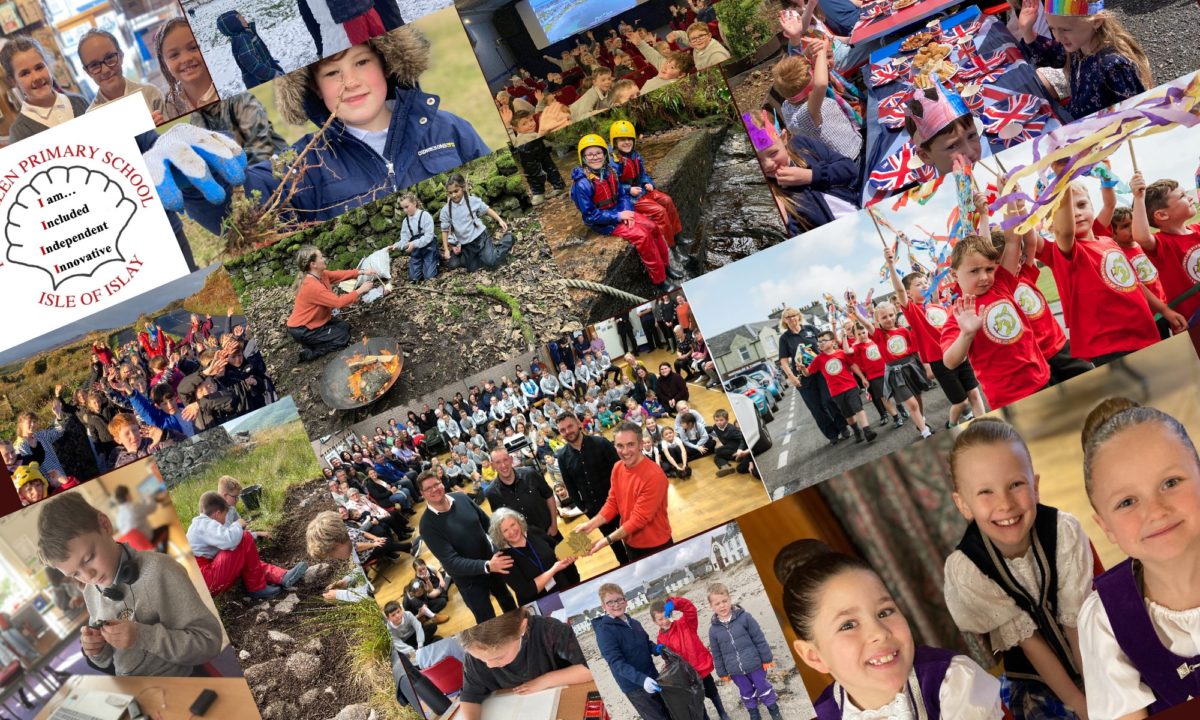 Through a course of hundreds of years we have had a glorious yet destructive item, known as plastic. It is a durable material which is made from oil. It can be made into almost anything, from cups to cars. It is extremely common, and we even think that we could dump it anywhere with almost no consequences, but is that true?
Through a course of hundreds of years we have had a glorious yet destructive item, known as plastic. It is a durable material which is made from oil. It can be made into almost anything, from cups to cars. It is extremely common, and we even think that we could dump it anywhere with almost no consequences, but is that true?
Plastic is everywhere, which proves how reliable, cheap and popular it is. It could be used for packing, making anything inside a cardboard box safe from scratches or marks. And although people do say that oil is running out quickly, and it will be scarce sooner than we think, plastic doesn’t have much to do with that. Plastic only uses about 5% of oil in the world every year. It can’t hold anything, of course. A plastic bridge or a plastic skyscraper just couldn’t work, but as these things take years to make, and their materials are very expensive, it’s understandable why something as cheap as plastic wouldn’t be able to hold the weight. Plastic could also be used for transport. Plastic is lightweight, but strong with the right manufacturing. With it being light but strong, it is a perfect recipe for cars, to make them fast, durable and resistant to weak blows. Relating to its packing form, it can easily carry your shopping for only 5p most the time. You may complain that plastic bags break too often, but what do you expect for something that is 5p? Plastic is also extremely useful for power cords, as electricity cannot travel through plastic.
But, of course it has its disadvantages. Plastic probably has the biggest effect on the ocean out of everything it may damage. Plastic litters the street, the beach and most importantly the ocean. Plastics never break. The may decompose, but they only become micro-plastics, which is still dangerous to the environment and the sea life. If a sea creature eats a bit of plastic, it could harm its organs, and if it has children, its children would also have plastic in its body. Micro-plastics have this same effect. Plastic that is too big for an animal could either choke the animal if it tries to eat the plastic, or the plastic could get stuck around the animal, which could prevent it from eating, moving or it could tangle around the animal’s throat and choke it. If we eat something that has eaten plastic we would also be eating plastic, as fish can’t digest it. It’s not as dangerous for humans as it is for fish, but would you like to eat plastic?
In the end, plastic does have lots of benefits, and to stop using it altogether doesn’t seem like a good idea due to the amount of it we use and somethings would be impossible without it. But we should be wary on how much we use and what we do with our plastic and only use it where it is really necessary. Throwing it away is not a good idea and we should recycle as much as possible, and if people try to do things such as beach cleans to try to get rid of as much plastic as possible, I think we can live with plastic sustainably.


